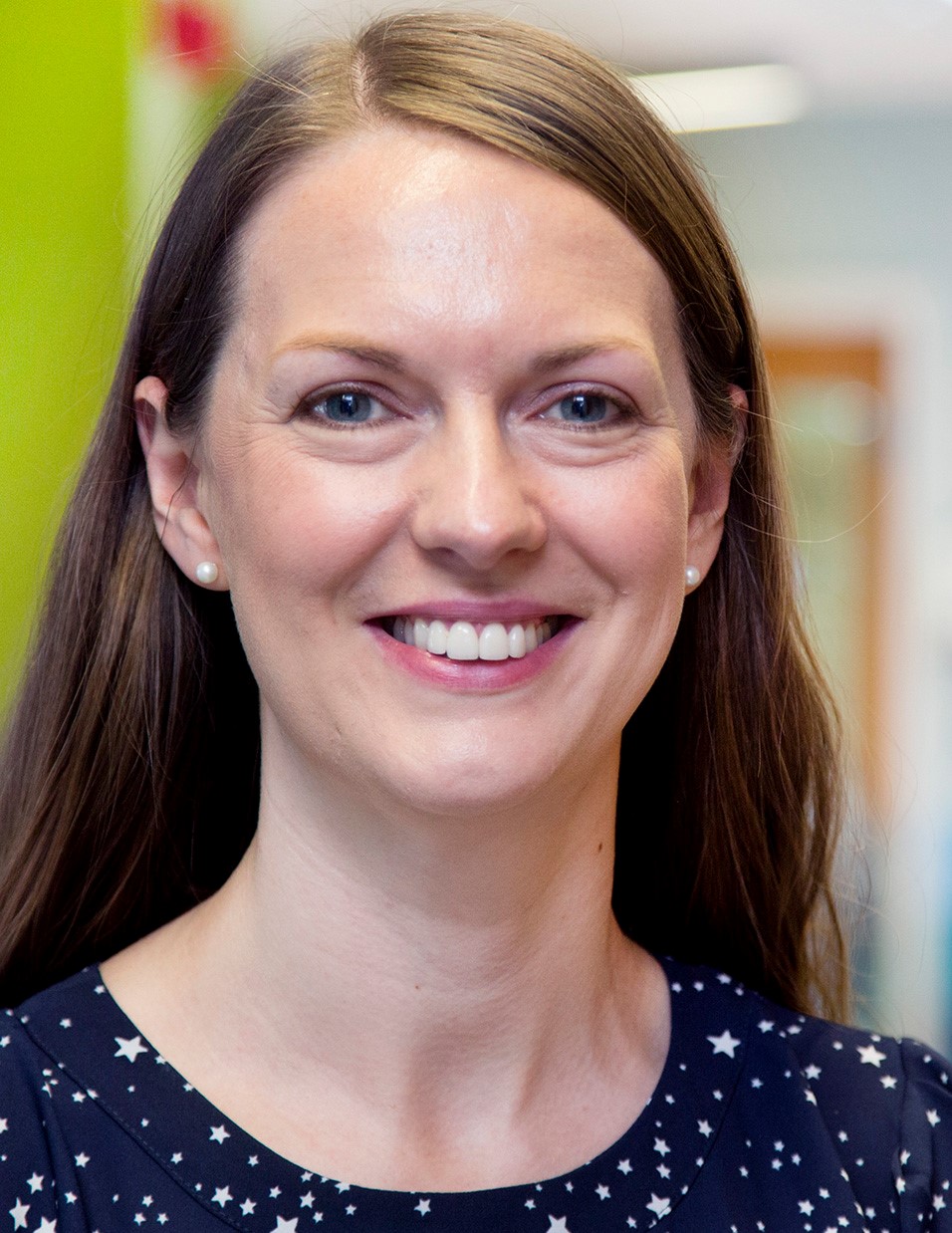I need not tell you all about the immense pressure that the NHS has been under recently – and for colleagues in urgent and emergency care services how intensely that pressure has been felt.
Whilst this has been true in all parts of the integrated urgent and emergency care system, ambulance services and emergency departments, in particular, have experienced the most visible evidence of the problems that insufficient capacity and flow can bring for patients and their families.
Our vision for urgent and emergency care is that everyone has access to high quality services in a timely manner, regardless of how they are accessed. The moment has come to collectively act and bring that vision to life, doing all we can to improve our services within the resources available.
Published at the end of January the Delivery Plan for Recovering Urgent and Emergency Care Services sets out our commitment to improving all parts of the urgent and emergency care pathway, providing the right services to keep patients at home or in the community whenever possible, and when they do need the help of an ambulance, hospital or intermediate care service to provide it efficiently and to the highest standards.
Before this coming winter there will be hundreds of new ambulances and mental health response vehicles on the road, together with thousands more hospital, intermediate care and virtual ward beds, with more specialist clinicians to join teams in 111 and 999 control centres.
But this isn’t just about more, it’s also about joining up care, particularly in the community and with our colleagues in social care – as we promote a whole system approach.
It will take strong partnerships between acute, community and mental health providers, primary care, social care and the voluntary sector, to ensure a system that provides more, and better, care in people’s homes; gets ambulances to people more quickly when they need them, sees people faster when they go to hospital and helps people safely leave hospital having received the care they need.
The last of these elements is vital for quality as hospitals are not the best place to be for people medically ready for discharge, indeed in many examples across the country we know that for some of the patients who stay the longest, their admission could have been avoided in the first place.
So ahead of winter we will also continue to expand care outside hospital including increasing the use of urgent community response, falls services and enhanced support to nursing homes, as well as rolling out adult and paediatric acute respiratory infection (ARI) hubs which are so vital in advance of surges in respiratory illness.
Our commitment as the national integrated urgent and emergency care team is to support every region, system and provider in the best way for them and the populations they serve, sharing best practice and highlighting opportunities for improvement, especially where variation exists.
I know from many conversations and actions that have already taken place, teams across the country have willingly accepted the challenge to deliver the level of transformation set out in the plan.
I also know that this is not easy, and that we are often delivering care in situations that are far from ideal, and I see the personal toll it takes on committed professionals when they cannot provide the care they aspire to.
Together I know we can address and overcome the challenges we face, deliver the commitments in the plan, and ultimately build a transformed system that we can all be proud of.
I look forward to meeting and working with as many of you as possible as I settle into my new role at NHS England.
